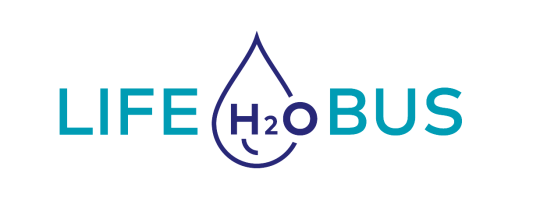
LIFEH2OBUS
LIFEH2OBUS is a project co-founded by the European Union, with the aim of building a European best practice for water management amongst bus operators, working within the public transport sector, with the aim of reducing water consumption to the lowest possible level. This is the first time the EU has initiated a water management project within the public transport sector.
During the three-year project, water consumption data will be gathered through the use of an innovative software system which will assess and determine best practice. The best practice will be flexible enough to adapt to different economic and geographical/climate contexts.
A project to reduce waste of water
It is hoped that the best practise processes established through this project will then be shared and adopted throughout European bus operators and be implemented as widely as possible.
It is expected that the LIFEH2OBUS initiative will contribute to the transport sector moving closer towards its sustainability and circularity objectives, while providing the bus operator community with guidelines to successfully implement the most impactful solutions as well as highlighting publicly the importance of water conservation as part of the sustainability agenda.
LIFEH2OBUS project goals and purpose
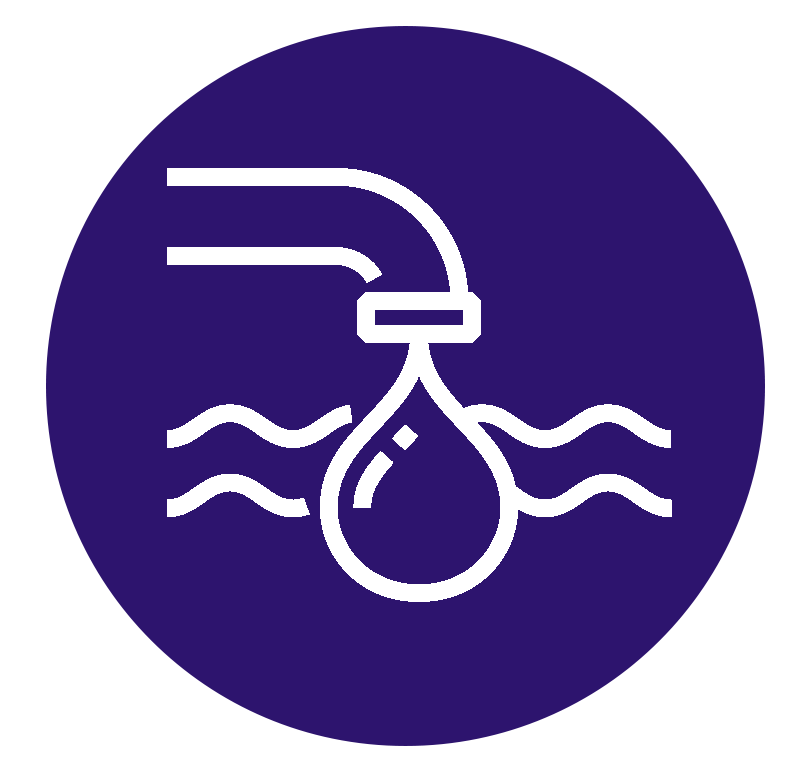
Wastewater reclamation and re-cyling
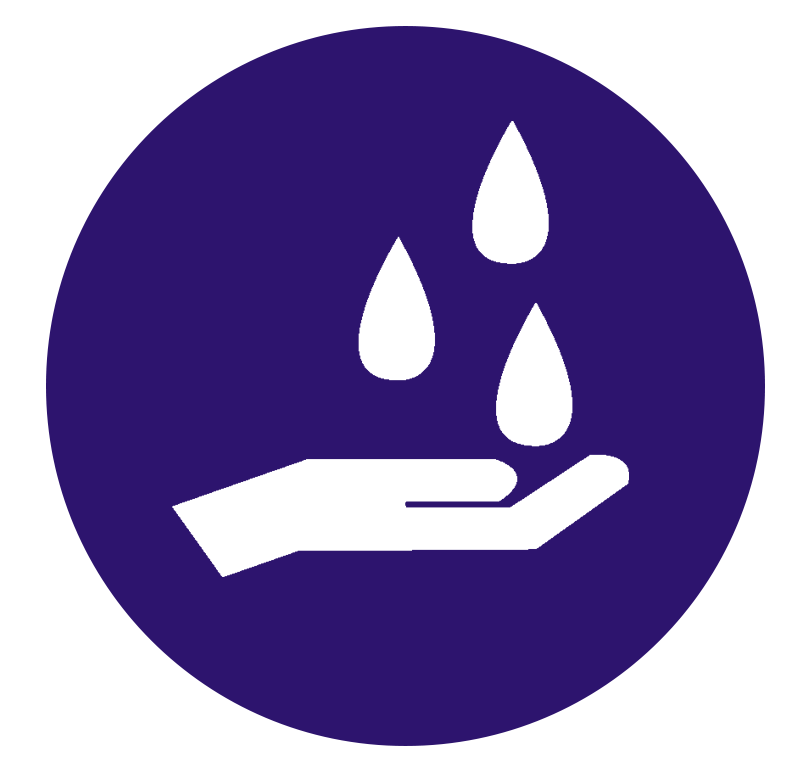
Wastewater reclamation and re-cyling in combination with rainwater harvesting systems
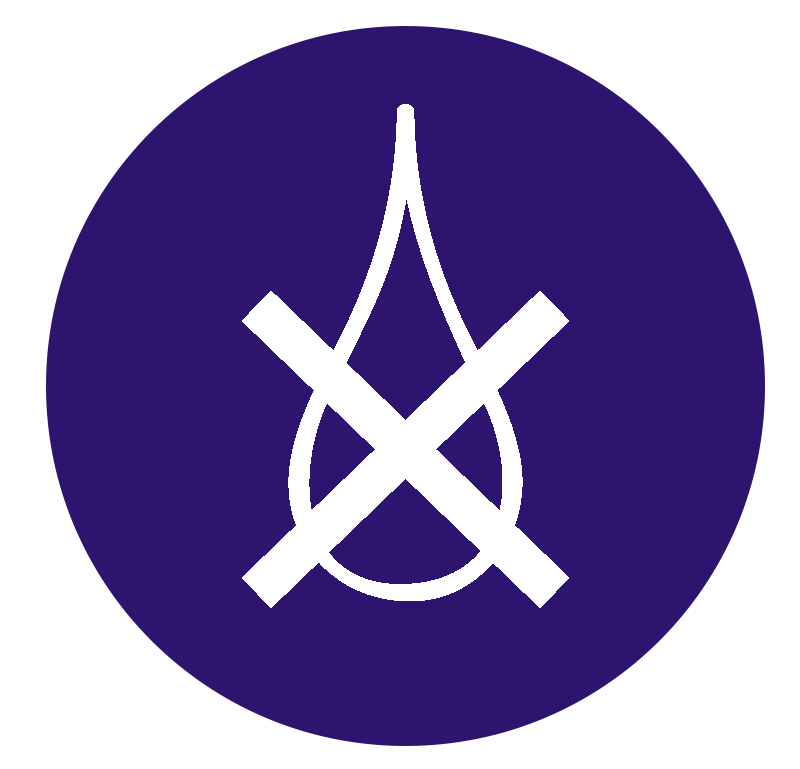
Trial of a new external waxing technique which removes the need for water to be used in vehicle cleaning

An international project
During the life of the project, three different water-saving solutions will be tested and compared in three different Arriva depots in Europe.
The depots have been selected to provide a variety of economic, geographic and climate conditions so that the data is relevant across all parts of Europe.
The depots to take part will be located in Grugliasco, Italy, in Budapest, Hungary and in Požega, Croatia.

Innovative partners
Arriva will be working in partnership with two other organisations during the project: Pluservice will implement and customise the Intelligent Garage Management system, which will gather and monitor the testing framework while University La Sapienza will analyse the operational, environmental and economic data and provide a final matrix, analysing each location and the techniques used with an efficiency score, as well as documenting the costs and the pros and cons in their application.
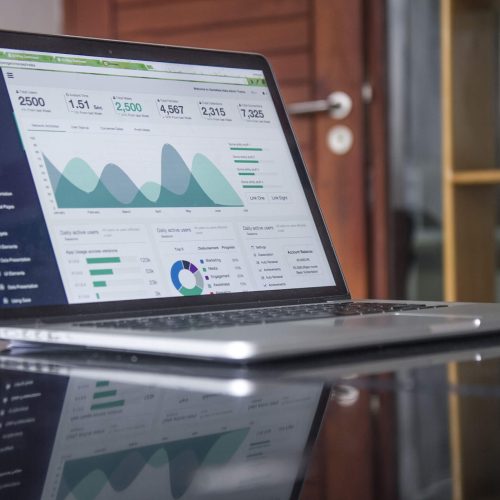
A new set of Best practices
LIFEH2OBUS will eventually provide all bus transport operators with a dashboard function that could help them to choose the best water management solution for them, demonstrating also that shifting from a preventive to a predictive cleaning maintenance activity can truly help to reduce water consumption, better manage water resources and save time.
LIFEH2OBUS – achieve european sustainability goals
LIFEH2OBUS will help the transport sector move towards its sustainability and circularity goals, while providing the bus operator community with guidelines.
It is expected that LIFEH2OBUS will reduce water consumption by 84 per cent on average. This equates to a saving of 37 million litres of water.
Project results will be shared across both public and private transportation sectors to encourage the largest possible uptake across the industry, while providing public authorities with solid data and a valuable tool to generate new protocols or guidelines for water saving in the transport sector.

Partners
Arriva Italia
Arriva operates in Italy since 2002, operating local public transport services mainly in northern Italy, as well as airport connections, private hire and commercial services and mobility for large events.
Arriva Italia operates local public transport services in the Aosta Valley and in the provinces of Turin, Brescia, Bergamo, Lecco and Cremona, as well as airport connections and the transport service for reduced mobility students in the municipality of Roma Capitale. As a holding, Arriva Italia got the majority stakes in Arriva Udine and Arriva Veneto and minority shares in ASF Autolinee and Trieste Trasporti.
Arriva Hungary
ArrivaBus is one of the leading players in the Hungarian public transport sector: with its four locations, it operates the most modern and renovated bus fleet in Hungary.
Arriva has had a strong presence in Hungary, starting in Budapest, since 1999, when its formal bid for local services was accepted as part of a competitive bidding process. Since May 2012, ArrivaBus has been operating as an independent public transport service provider for BKK, the capital’s public transport company, providing about 300 million passenger journeys in Budapest each year.
Arriva Croatia
Arriva is the leading provider of passenger transport in Croatia, running a wide range of services including local and regional buses, inter-urban and international coaches, providing their passengers with daily safe and comfortable mobility solutions.
With a fleet of 600 buses, Arriva operates local, regional and long-distance services linking 1,000s of destinations across the country, offering great connections to European countries like Germany, Italy, Slovenia, Bosnia & Herzegovina and Serbia and serving 11.5m passengers a year.
Università La Sapienza
Founded in 1303, Sapienza is the oldest university in Rome and the largest in Europe. Its mission is to contribute to the development of a knowledge society through research, excellence, quality education and international cooperation. Scientific research activity at Sapienza covers an extremely broad spectrum of disciplines, reaching levels of excellence in many areas.
Within these, transportation studies at DICEA, the Department of Civil, Constructional and Environmental Engineering, is involved in several research projects funded by the Italian Ministry of Education, University and Research, and other supranational agencies and bodies (among the latter, the EU-funded projects EBSF, EBSF2, 3iBS, ZeEUS and ELIPTIC, to develop the “Bus of the Future”).
Pluservice
Since 1988, Pluservice has been developing and producing management information systems for transportation companies, occupying a leading position on the national scene, with more than 300 active clients and about 2,000 applications installed.
This project has received funds by the European Union. Views and opinions expressed are however those of the author(s) only and do not necessarily reflect those of the European Union or European Climate Infrastructure and Environment Executive Agency. Neither the European Union nor the granting authority can be held responsible for them.



